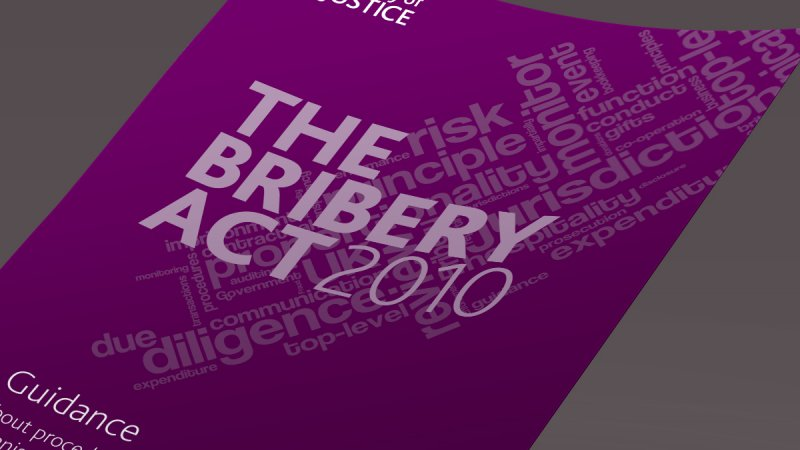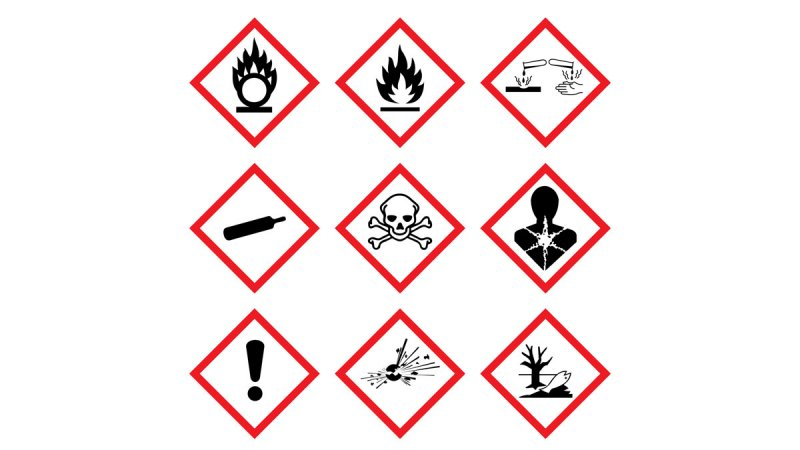The bribery of a foreign public official is a serious crime in anti-bribery and corruption legislation, stated in Section 6 of the UK Bribery Act 2010. A foreign public official works on behalf of a foreign government, and therefore has access to vital information. Consequently, if a foreign public official is bribed, there are severe repercussions in the form of imprisonment and unlimited fines. Therefore, to avoid the penalties stated in the UK Bribery Act 2010, compliance with this legislation is essential.
Who are foreign public officials?
Ultimately, a foreign public official is an individual who acts on behalf of a foreign government. The UK Bribery Act 2010 deals with the bribery of both government officials and commercial officials. The UK Bribery Act lowers the threshold needed to identify whether bribery has taken place with a foreign public official in comparison to commercial bribery, because bribery of a foreign public official is considered to be a serious crime and therefore there needs to be tighter restrictions.
There is a degree of confusion surrounding who constitutes a foreign public official and therefore the Serious Fraud Office (SFO) have published some guidelines to offer organisations a clear approach to their conduct with foreign public officials. The SFO former Fraud Chief Richard Alderman produced a statement on behalf of the SFO which stated that when dealing with the conduct of a foreign public official, the SFO “are not looking for improper inducement, but an attempt to influence.”
The Organisation for Economic Co-operation and Development (OECD) convention published a test which can be used by an organisation to clarify whether a foreign public official is legitimate or not. This OECD test works upon the basis of whether the foreign state is in a position to influence the foreign organisation which is in question. The purpose of this test is to establish whether the organisation is being influenced and ran by the State, which has serious implications regarding bribery and corruption.

How to prevent bribery of foreign public officials?
The UK Bribery Act states that adequate procedures should be implemented by organisations to demonstrate that they have attempted to prevent the bribery of a foreign public official. The stated adequate procedures are:
– Proportionate Procedures. The procedures which an organisation puts into place should reflect the scale of the risk which the organisation could face, therefore the procedures are proportionate to the risk.
– Top-level Commitment. This refers to individuals higher up within the organisation, as it is intended that they demonstrate their commitment to anti-bribery and corruption legislation.
– Risk Assessment. A risk assessment must be conducted by an organisation regularly to analyse and find out how potential risks to an organisation’s integrity could occur.
– Due Diligence. These procedures should be conducted in relation to the individuals who will be performing on behalf of the organisation.
– Communication. An organisation is expected to communicate the adequate procedures to all members of the organisation, as well as conducting training.
– Monitoring and Review. As time goes on the employees and personnel of an organisation will change, therefore updates and reviews of adequate procedures need to be conducted to ensure they are all in line with the organisation and potential risk.
It is advised that commercial organisations have a code of conduct which consist of the adequate procedures above. Therefore, if a bribery offence does take place within an organisation, then the adequate procedures will demonstrate that the organisation has attempted to prevent bribery appropriately.
What are the consequences of failing to prevent bribery of a foreign public official?
Due to Section 7 of the UK Bribery Act 2010 the “broad and innovatory offence” of the failure of commercial organisations to prevent bribery has been established. An organisation is now held responsible for any bribery offence or corruption which occurs within their organisation, if there has been no demonstration of adequate procedures implemented in attempt to prevent bribery from occurring. `
In July 2018 there was heightened controversy surrounding the Australian government and the bribery of foreign public officials by the Australian consulting firm Sinclair Knight Merz (SKM). SKM were found to be bribing foreign public officials in Vietnam, the Australian government became implicated in this bribery due to SKM being a significant contributor to the government’s foreign aid programme. SKM were found guilty of bribing Vietnamese public officials in order to secure work on aid projects from 2006-2011.
This is a demonstration of how bribery of foreign public officials can occur, and therefore the necessary measures taken to expose when this bribery has taken place and to prevent against it, is important.















